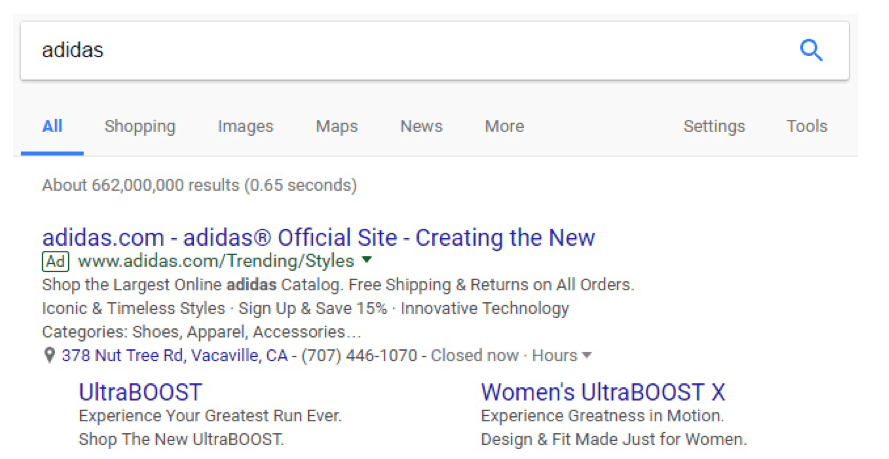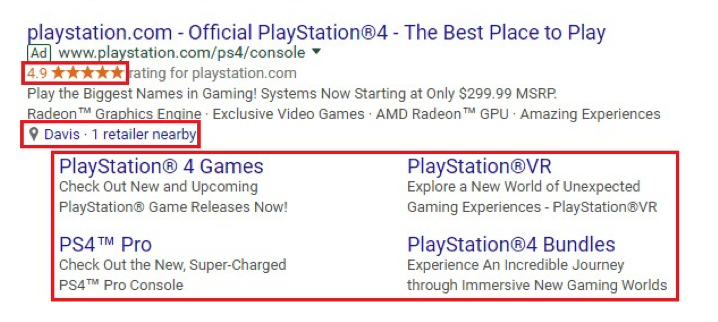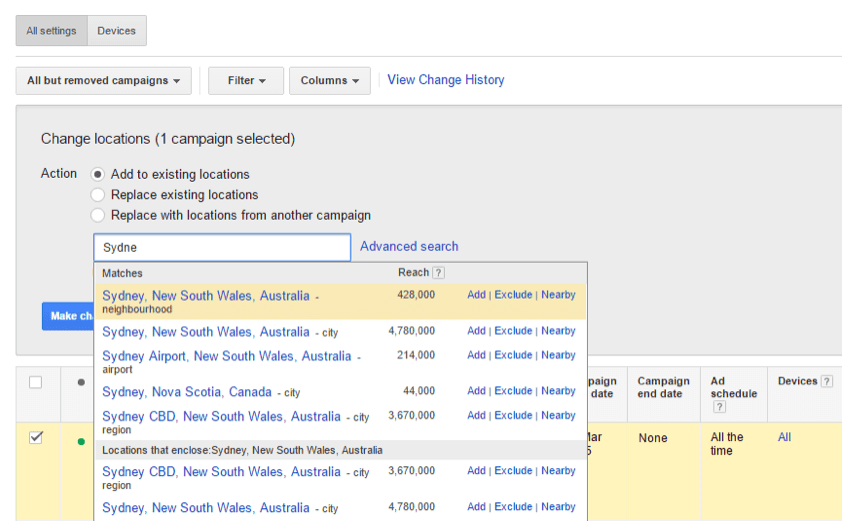Prevent costly errors with Google Ads by not falling foul of these classic mistakes
Google Ads is probably one of the best tools you can use to generate leads, sales and grow your business. However, most business owners end up wasting hundreds, if not thousands of dollars each month as a result of inadequate account management. A poorly configured ad campaign could easily be shown to the wrong target audience or simply get buried under the competition. Here are eight common mistakes business owner make when setting up their campaigns, and tips on how to avoid them in order to make the most out of your ad efforts.
1. Using ad groups for multiple keywords
Creating ad groups which contain up to 20 loosely related keywords is one of the most common mistakes Google Ads users tend to make. It makes writing adverts which are relevant to all those keywords rather difficult and often results in a mismatch between what people are actually searching for and what the add suggests.
The best course of action is to add one keyword per ad group, which allows you to make your ads more specific, and in turn, more relevant. You can also use dynamic text replacement, a technique which automatically adjusts the text on a landing page to match the keywords from your ads and greatly reduces the number of individual landing pages you’d have to make.
2. Forgetting to link the account with a CRM tool
Finding out which keywords are generating leads is easy, but if you wish to know which one is generating actual sales, then you might want to consider linking your account with a customer relationship management tool.
This allows you to see the exact number of sales each keyword has generated, as well as to isolate and promote the keywords which have the best performance or pause those which are generating leads but aren’t converting them into sales.
3. Not bidding on your branded keywords
Ever since Goole Ads was first introduced, marketers have debated whether bidding on your own branded keywords is actually worth it or not. Branded keywords represent the search queries which contain your brand or business name.
Although some marketers claim that this practice is inefficient, the results are telling a completely different story. Not only is bidding on your own branded keywords an excellent way to increase the profit margins, but it also ensures that your website always appears above the competition in the search engine results page.
4. Using only a part of the advertising extension set
Using a complete set of advertising extensions results in vastly improved Google Ads performance. They allow the ads you create to occupy even more space in the search engine results page. Unfortunately, most marketers only use 3 or 4 of these ad extensions instead of utilizing the entire set, which actually has 9 different extensions, including:
- Call
- Callout
- Location
- Message
- Price
- Review
- Seller ratings
- Sitelink
- Structured snippet
All you have to do is to go to the ad extensions tab and enable them. Once enabled, they can easily result in up to 20% increase in click-through-rates.
5. Not incorporating third-party data
Although there are plenty of useful features that come with Google Ads, there’s one feature in particular which marketers seem to forget, or simply avoid using. And that is to use various APIs and scripts to interact with third-party data such as weather and operator availability in order to automatically adapt your bidding efforts.
For example, you don’t want to bid on rain or umbrella related keywords if the weather is going to be sunny. On the other hand, if the forecast is predicting rain, then you’d want to increase the bid and in turn, increase the lead conversion and sales. The best part is that these APIs and scripts can be setup to do this job automatically, depending on the 3rd party data they collect.
6. Avoiding Geotargeting
When it comes to digital marketing, geotargeting is a term which describes creating separate advertising campaigns for each individual city in the targeting area and making specific ads which contain the names of those cities in the ad body.
When executed correctly, a proper geotargeting campaign has the ability to drastically cut down the cost of an individual lead and also increase the overall lead generation. This is particularly useful for service based businesses whose advertising efforts are based on a specific list of locations they operate in.
7. Failing to properly test the landing pages
When using pay-per-click advertising, it’s important to make sure that all the clicks count, as you’re the one paying for every single one of them. This is where A/B testing comes into play, as it allows you to create two nearly identical landing pages, each with slight variations in order to compare their effectiveness in converting users. This allows marketers to determine which the most effective campaign is and use those results to further adapt and refine your digital advertising efforts.
8. Forgetting to optimize for remarketing campaigns
Remarketing is an advertising practice used to reach visitors who have already visited your website, but still haven’t been converted into a customer.
A lot of marketers today insist on using a remarketing campaign, however, only a few of them put in the effort to properly optimize and actually relocate the ad in order to make it more efficient. You can use Google to generate a report detailing exactly where the adverts are shown and which locations are the most effective.
These are just some of the most common mistakes Google Ads users tend to make during their marketing campaigns. Others, include misspelling the keyword, broken and redirected landing pages and even failing to monitor the competition.
Make sure to avoid them at all costs, or else you risk losing valuable leads and potential customers, not to mention spending a lot of resources on a campaign which was doomed from the get go. Although a properly optimized plan can do wonders for any marketing campaign, a poorly optimized one can quickly turn into a complete waste of time and resources.
See our free guide for Free members for more Google Ads mistakes to think through and avoid.



